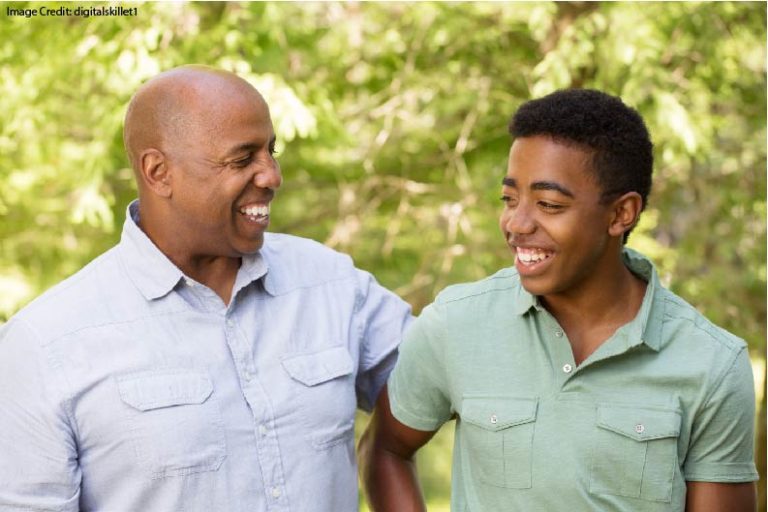Tags
ADHD adolescence attention autism book review book reviews boundary conditions classroom advice conference speakers constructivism/direct instruction creativity desirable difficulty development dual coding elementary school embodied cognition emotion evolution exercise experts and novices gender high school homework intelligence long-term memory math methodology middle school mindfulness Mindset motivation neuromyths neuroscience online learning parents psychology reading retrieval practice self-control skepticism sleep STEM stress technology working memoryRecent Comments
- Book Club Materials for Just Tell Them – Education Rickshaw - Metro Health News on Just Tell Them: The Power of Explanations and Explicit Teaching...
- How to Present at a Conference... |Education & Teacher Conferences on Enjoyment or Skill? The Case of Reading
- How to Present at a Conference... |Education & Teacher Conferences on Do *Goals* Motivate Students? How about *Feedback*?
- Roberta on Seriously: What Motivates Teachers to Be Funny?
- Revisiting the "Handwriting vs. Laptops" Debate: More Moving Goalposts |Education & Teacher Conferences on Handwritten Notes or Laptop Notes: A Skeptic Converted?
ABOUT THE BLOG

Category Archives: L&B Blog

The Bruce Willis Method: Catching Up Post-Covid [Reposted]
Because of Covid, our students have fallen behind. How can we help them “catch up”?…

Do Classroom Decorations Distract Students? A Story in 4 Parts…...
As we prepare for the upcoming school year, how should we think about decorating our…

Is “Cell Phone Addiction” Really a Thing? [Reposted]
A well-known Education Twitter personality claimed that “cell phones are as addictive as drugs.” Are…

The Best Teaching Advice We’ve Got
I’m on my annual vacation during this month, so I’ll be posting some articles that…

It’s All in the Timing: Improving Study Skills with Just-Right...
Some research-based teaching advice requires complex rethinking of our work. For instance: We know that…

An Amazingly Simple Way to Help Struggling Students (with Potential...
Imagine that you work at a school where these students consistently struggle compared to those students. As…

“It’s Good for the Brain!”: The Perils of Pollution, the...
When I talk with teachers about psychology and neuroscience research, I frequently get a question…

Getting the Order Just Right: When to “Generate,” When to...
When teachers get advice from psychology and neuroscience, we start by getting individual bits of…

The Bruce Willis Method: Catching Up Post-Covid
In the third Die Hard movie, Brue Willis and his unexpected partner Samuel L. Jackson need…

Does a Teacher’s Enthusiasm Improve Learning?
Sometimes research confirms our prior beliefs. Sometimes it contradicts those beliefs. And sometimes, research adds…
